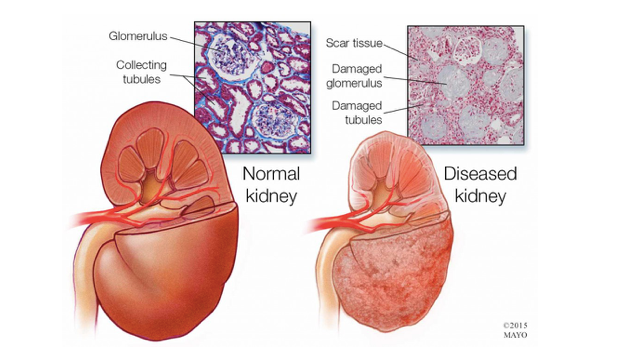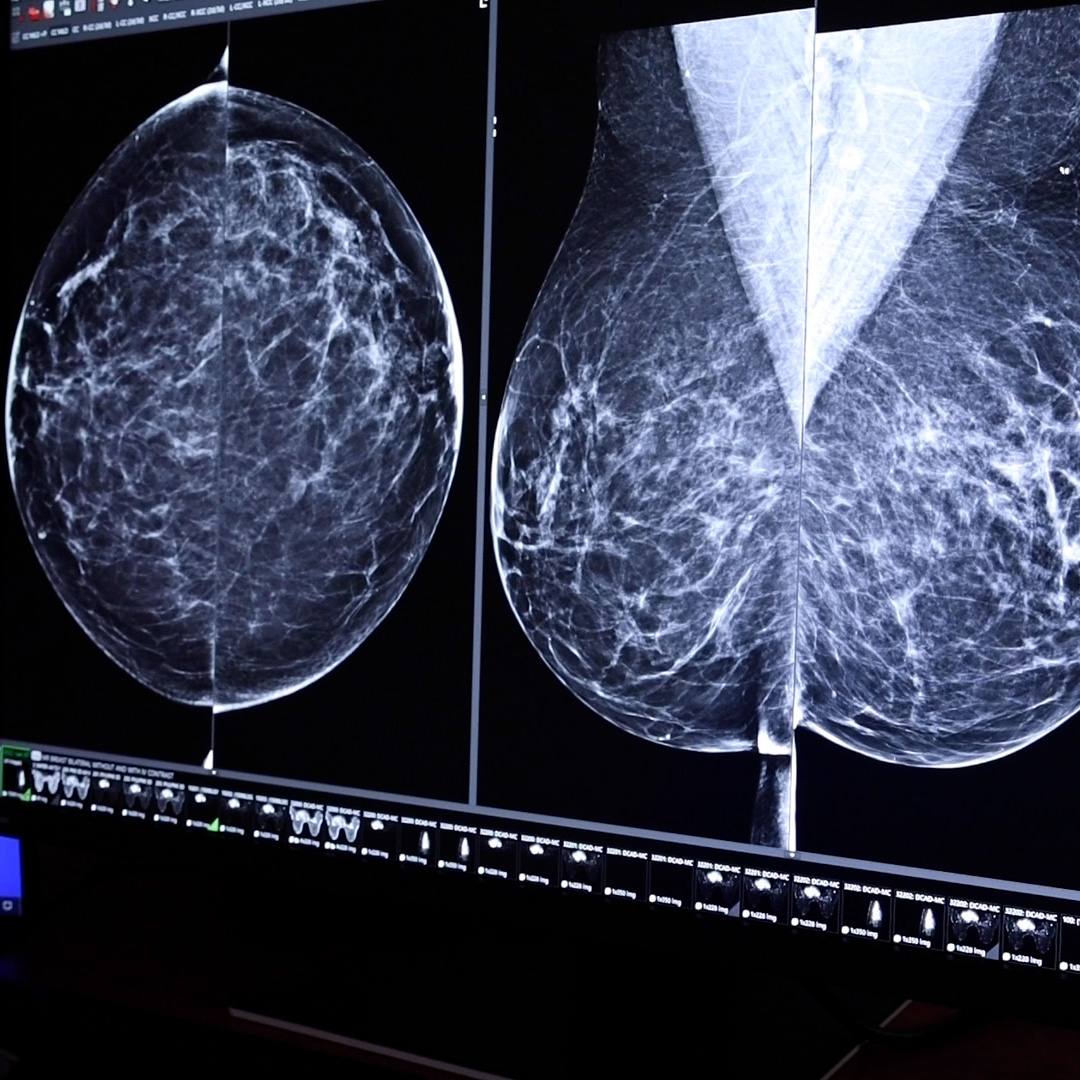Hypertension, also known as high blood pressure, is a common problem that affects the body's arteries. If you have high blood pressure, the heart has to work harder to pump blood.
In general, hypertension is a blood pressure reading of 130/80 or higher. Dr. Ivan Porter II, a Mayo Clinic nephrologist, says high blood pressure can lead to heart disease, stroke and other serious health problems, including chronic kidney disease.
Journalists: Broadcast-quality video (1:00) is in the downloads at the end of this post. Please courtesy: "Mayo Clinic News Network." Read the script.
When you think of high blood pressure, you probably already know that it can cause cardiovascular diseases. But that's not all.
"It also can lead to chronic kidney disease," says Dr. Porter.
He says high blood pressure can cause the kidneys' blood vessels to weaken and damage the kidneys.

"As chronic kidney disease develops, many people will develop hypertension, they seem to go hand in hand. Conversely, people with hypertension develop chronic kidney disease as well," says Dr. Porter. "Control of high blood pressure is one of the most important things we can do when someone has chronic kidney disease."
And how you control it, mostly involves lifestyle changes.
"The thing about high blood pressure is it responds to many of the things we do in our lifestyle: regular exercise, avoiding processed foods, reduction of our sodium intake, more fruits and vegetables in our regular diet," says Dr. Porter. "Sometimes those lifestyle changes aren't enough. And these are the patients that need medications to help with blood pressure control. But we can make a huge impact with the decisions we make in our lifestyle to control blood pressure."
Related posts:
- Mayo Clinic Minute: Why Black Americans are at higher risk of chronic kidney disease
- Mayo Clinic Minute: Can extra salt hurt your kidneys?







